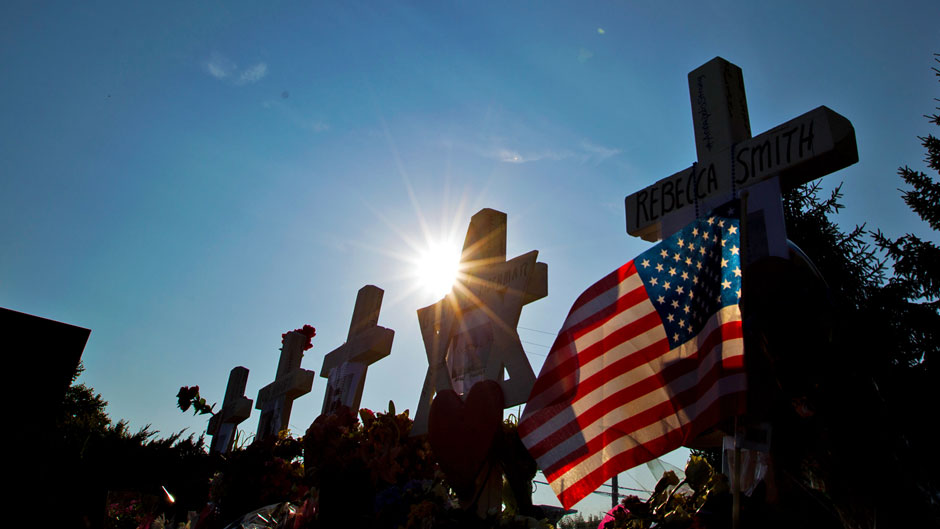Afghanistan. Mexico. The Philippines.
These are some of the world's most dangerous places to practice journalism, places where journalists are threatened and killed.
But the June 28 slaying of five staffers at the Capital Gazette in Annapolis, Md., including four journalists, highlights an alarming and disturbing trend for U.S. journalists.
“Violence, harassment and risk for journalists is on the rise in the U.S.,” said Sallie Hughes, professor at the University of Miami School of Communication, who studies press freedom, journalism practice and anti-press violence in democracies and democratic-authoritarian hybrids globally.
Although the slayings at the Gazette seem to be the work of an angered reader who had a long contentious history with the newspaper and had lost a defamation suit against the daily, there is evidence that U.S. journalists are facing increasing threats.
The Press Freedom Tracker, a database that follows attacks against journalists founded by several journalism groups including the Colombia Journalism Review and the Committee to Protect Journalists, reported 57 physical attacks on journalists in the U.S. in 2017. Hughes noted that journalists are subjected to continuous threats, hateful comments, physical aggression at public events and even arrests.
“What makes this different (Gazette slayings) is that journalists in the U.S. were killed,” said Hughes. She said that democracies with weaknesses in the rule of law are where most journalists are being killed globally in recent years, not in so-called war zones.
Hughes credits the rise in animosity toward U.S. journalists to the increased political polarization in U.S. society, political discourse that targets journalists as purveyors of "fake news" and even "enemies of the people," and a growing distrust of fact-based knowledge, which is the foundation of professional journalism in the U.S.
Complicating matters is the difficulty in distinguishing professional journalism from propaganda. Fake news web sites, bloggers with different ethics and politically driven commentators are all online and in social media streams where professional journalism is also found, she said.
During a speech before the Binational Communication Association in Baja California last April, Hughes emphasized that “this is a period of … democratic backsliding globally, which is the weakening or disassembling of the set of democratic institutions.” Journalism is one of those institutions.
Threats and angry readers are not new to journalism. U.S. reporters who cover local government beats are particularly vulnerable to this.
Heidi Carr, a lecturer at the School of Communication, worked as a reporter and editor for 25 years at several newspapers, including the Miami Herald. In one of her early jobs at the Progress Index in Petersburg, Va., she worked with Robert Hiaasen, one of the journalists slain last month. While there, both she and Hiaasen covered local politics.
“Rob got threats from city officials, local businesses and gadflies,” Carr said. “A woman once threatened to put a bomb underneath my car. Advertisers pulled their ads when they did not like a story Rob wrote. It was routine. We blew it off and laughed about it.”
But the vitriol being spewed against journalists now seems more dangerous. Carr does not understand why there is such hatred against a profession that requires personal sacrifices, pays little money and holds a Constitutional mandate to search for the truth and inform the public. Even in the face of the rising swell of resentment against journalists, she still encourages her students and tells them that “being a journalist is one of the most noble professions on this planet."
“Reporters want to uncover corruption and falsehoods. They want to tell the awesome stories about life, love, challenges and success. They want to keep people informed,” Carr said. "They want to shine a light on what is hidden.”
Hughes tells her students that journalists are part of the solution to the problems that cause political polarization. They will have important and unique opportunities to make their communities a better place.
"In the wake of this tragedy, we all have an obligation to lift up journalism as a publically oriented profession,” said Hughes. “The journalists at the Gazette and elsewhere are not perfect, but they are trying to make the world a better place. We need to remember that and defend journalism the next time we hear a taunt of fake news."

